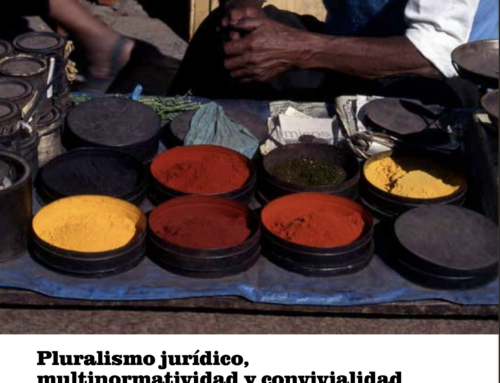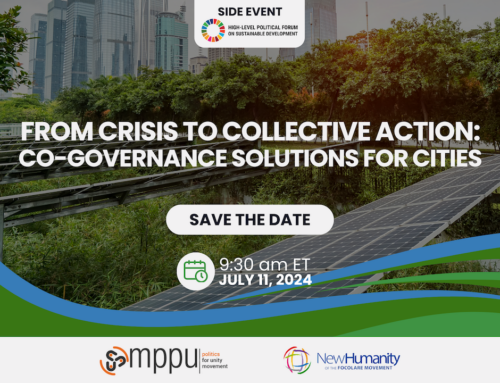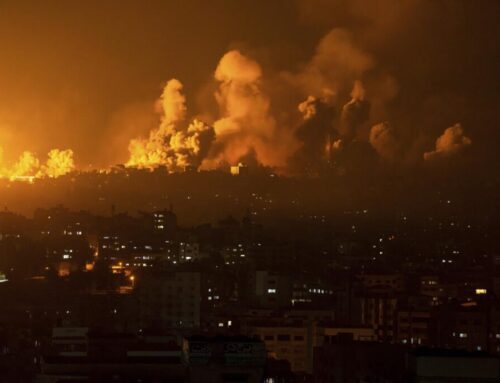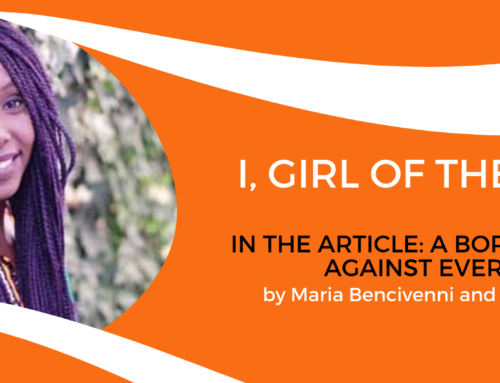An interview with Margaret Karram of the Christian delegation, the only female voice at the ‘invocation for peace’ prayer made together by Pope Francis, Patriarch Bartholomew 1, Shimon Peres and Abu Mazen, 8 June 2014, a date to be remembered.
MKarramMargaret is an Arab Christian born in Israel. She received the Mount Zion 2013 prize, together with Yisca Harani, a Jew, for “the important contribution to the development of dialogue amongst religions and cultures in the Holy Land and to understanding between Jews, Christians and Muslims”. Margaret Karram, former member of the Episcopal Commission for Interreligious Dialogue of the Assembly of Catholic Bishops of the Holy Land and collaborator with the directorate of the Interreligious Coordinating Council in Israel (ICCI), is now at the International Centre of the Focolare Movement and it was she who read the prayer of St Francis in the Christian section of the invocation for peace instigated by the Bishop of Rome with Shimon Peres and Abu Mazen, with the Patriarch of Constantinople Bartholomew 1 also present. We report parts of the interview she gave to Victoria Gomez of Citta Nuova.
Your story is like a passport that prepared you to participate in this event …
Since I was young I have always dreamed of peace. As children we asked ourselves: ‘Which is my country, where is my place, who am I?’ Now, at 50, I can’t see that dream of a fatherland any closer, but we have sown the seed and lots of them! We must continue doing so. It’s our duty to the future generations. We must pass on the certainty of a possible future, without losing hope or giving up because of the fatigue. Then yesterday was also the feast of Pentecost and the action of the Holy Spirit ‘waters that which is dry, heals that which is wounded and bends that which is inflexible …’.
You were representing the Focolare Movement with a personal invitation from Pope Francis …
MKarram_2Many people, from the President Maria Voce to my friends in Bethlehem and Jerusalem assured me of their support. I heard many joyful words from several Christian, Jewish and Muslim dignitaries whom I met in the Vatican Gardens. I had the impression that the Pope gave us a new encouragement to commit ourselves to peace with greater courage. I felt it also directed to us as members of the Focolare Movement: to be more present, more active, more courageous actors in undoing the ‘knots’ that we find everywhere. The Pope’s personal greeting confirmed this for me, as did other authorities I met.
You were the only woman to read a prayer. How did that feel?
I tried to read that prayer as a representative of humanity that believes, suffers and hopes. As women we have an important role to play for peace. One of the participants said to me: ‘It is so important that you are here. I know the rich contribution a woman can make!’ As we listened to those beautiful prayers and music I recalled the words of the Pope at the Angelus, just a few hours before: the Mother Church and the Mother Mary are ‘both mothers, both women’. And in the certainly not always harmonious emotions that vibrated in those present, you could feel the need of a mother.
How do you feel the people you know in the Holy Land saw all of this?
There were great expectations and now there is great hope. Obviously there will always be sceptics. Both Palestinians and Israelis say that this meeting marked a turning point that we can look to from now on and continue to do so in the future. As well as that, it was a strong sign that the Church takes on board the sufferings and hopes of all peoples. And it was a demonstration that the Holy Land has not been forgotten and that the Pope does not leave these two peoples by themselves and will walk alongside them. The event must be seen in the long term. In the meantime we must continue to weave, untying the knots committing ourselves at all levels possible, with courage and tactfulness. Many think of a long road, but we really don’t know how God acts in history. There is always hope.”





Leave A Comment